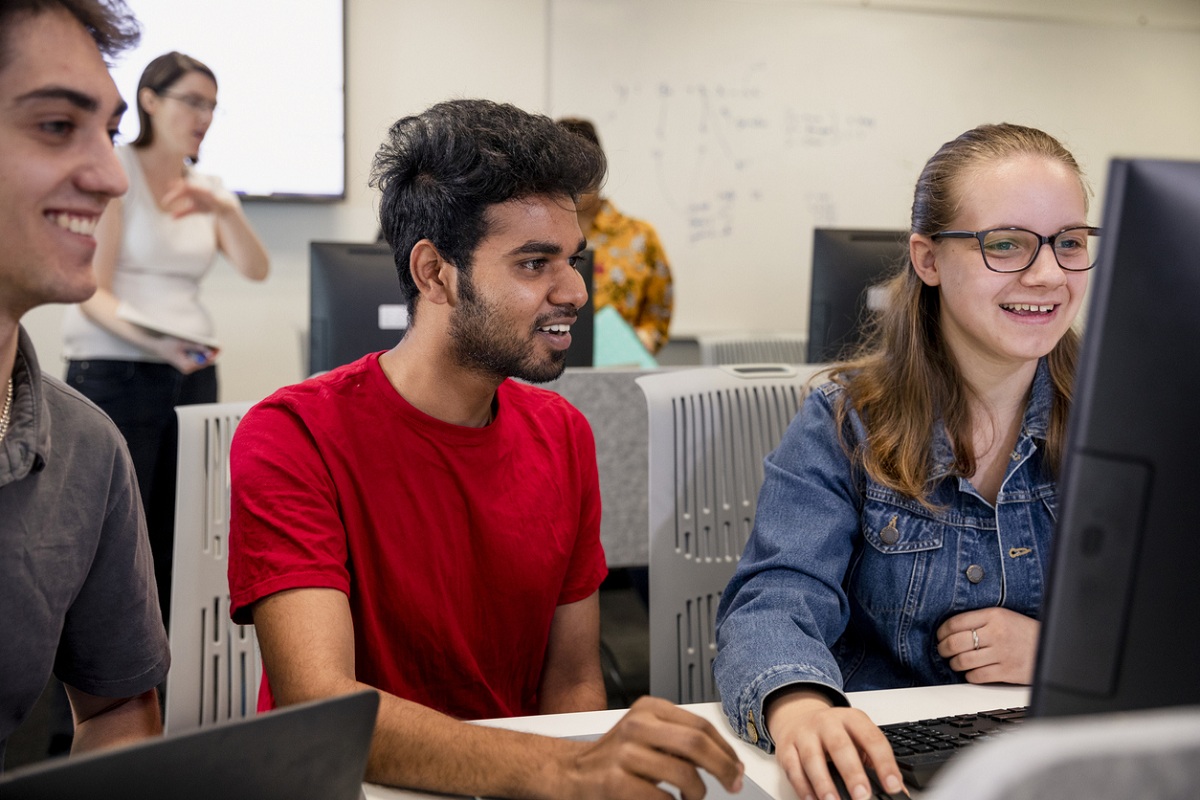As the United States prepares for a new presidential administration, uncertainty looms over the future of its immigration policies. For international students, particularly the large and growing population of Indian students, the stakes are high. Concerns about potential travel bans and policy changes have resurfaced, bringing back memories of previous disruptions caused by sudden executive orders. These developments call for a deeper examination of the vulnerabilities in the global education ecosystem and the resilience required to navigate such challenges.
Indian students have long been a vital part of the US academic landscape, contributing not only to the economy but also to the intellectual and cultural diversity of institutions. With their numbers surpassing those of Chinese students in recent years, they present a demographic that is both significant and deeply invested in the American education system. However, this reliance on the US as a primary destination for higher education also exposes them to geopolitical risks. The potential for abrupt policy shifts, particularly around immigration, underscores the fragility of their position. American universities, aware of the precariousness of the situation, are taking proactive measures to safeguard their international student communities.
Advertisement
Advisories urging students to return before potential policy changes reflect a commendable commitment to protecting their interests. However, these steps also highlight the reactive nature of responses to such crises. For a country that positions itself as a global leader in education, the lack of consistent and inclusive immigration policies sends mixed signals to the international community. The current situation also highlights the urgent need for clear communication and contingency planning by universities and governments alike. Institutions must prioritise transparency in addressing students’ concerns, ensuring they are wellin formed about potential risks and their rights.
Governments, on the other hand, must strike a balance between national interests and the global nature of higher education by enacting policies that promote stability and inclusivity. For Indian students, this moment is a reminder of the importance of diversification. While the US remains a top choice, it is increasingly clear that sole reliance on one destination is fraught with risks. Other nations with stable immigration policies, such as Australia and certain European countries, present viable alternatives. Diversifying educational choices can mitigate the impact of geopolitical shifts and ensure that students’ aspirations are not derailed by external uncertainties.
At the same time, India must strengthen its role in addressing these challenges. Diplomatic efforts to advocate for the rights of its nationals abroad are crucial, but so is the need to develop robust higher education systems at home. By investing in world class universities and creating an environment conducive to research and innovation, India can offer competitive options for students who might otherwise look abroad. The situation serves as a wake-up call for all stakeholders ~ students, universities, and governments alike. For Indian students navigating this uncertain landscape, resilience and informed decision-making will be the key to securing their future in the global academic arena









